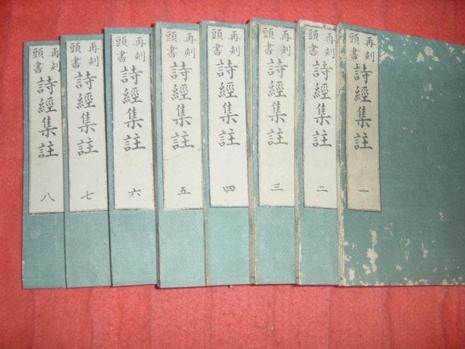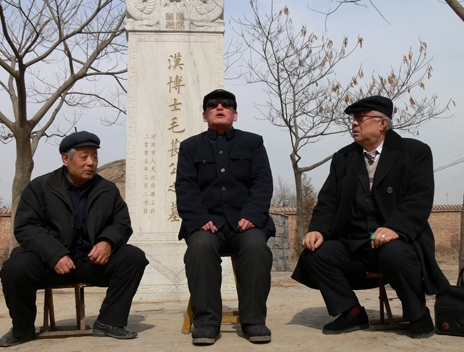
Hejian poetry has been an outstanding representative of oral literature since the Han Dynasty. It is also an important component of the contemporary culture of the Book of Songs. Hejian poetry is popular in Hejian, a hinterland city in the central south of Hebei Province located in Central Hebei Plain. Hejian, literally meaning "between rivers", is so named because it is sandwiched between the Hutuo and Zhongbao Rivers, with some attributing the name to its location surrounded by nine rivers.
Hejian poetry has been handed down from one generation to another through word of mouth. In leisure time, elderly people like to gather together in the village and sing some poems to ancient tunes with the accompaniment of the urheen (a two-stringed Chinese instrument), the zheng (a 21- or 25-stringed plucked instrument in some ways similar to the zither) etc for self-amusement.

Heijian is not only the birthplace of Maoshi (compilation of annotation to the Book of Songs by Mao Heng and Mao Chang in the Western Han Dynasty), but also the site for the research and spreading of the culture of the Book of Songs. The custom of chanting poems from the Book of Songs has long been kept well alive as a "living" culture, which is a unique carrier of the poetry collection through word of mouth among the people for thousands of years. As such, Hejian poetry is a key component of the contemporary culture of the Book of Songs.
Today, the legacies of the culture of the Book of Songs can still be found in Hejian. Places like Village of the Book of Songs, Gentlemen's School, Lord Mao's Tomb, Lord Mao's Academic Institute etc contain a wealth of historical information about the culture of the Book of Songs, although some of the places are just ruins and some are just rich in legend.

